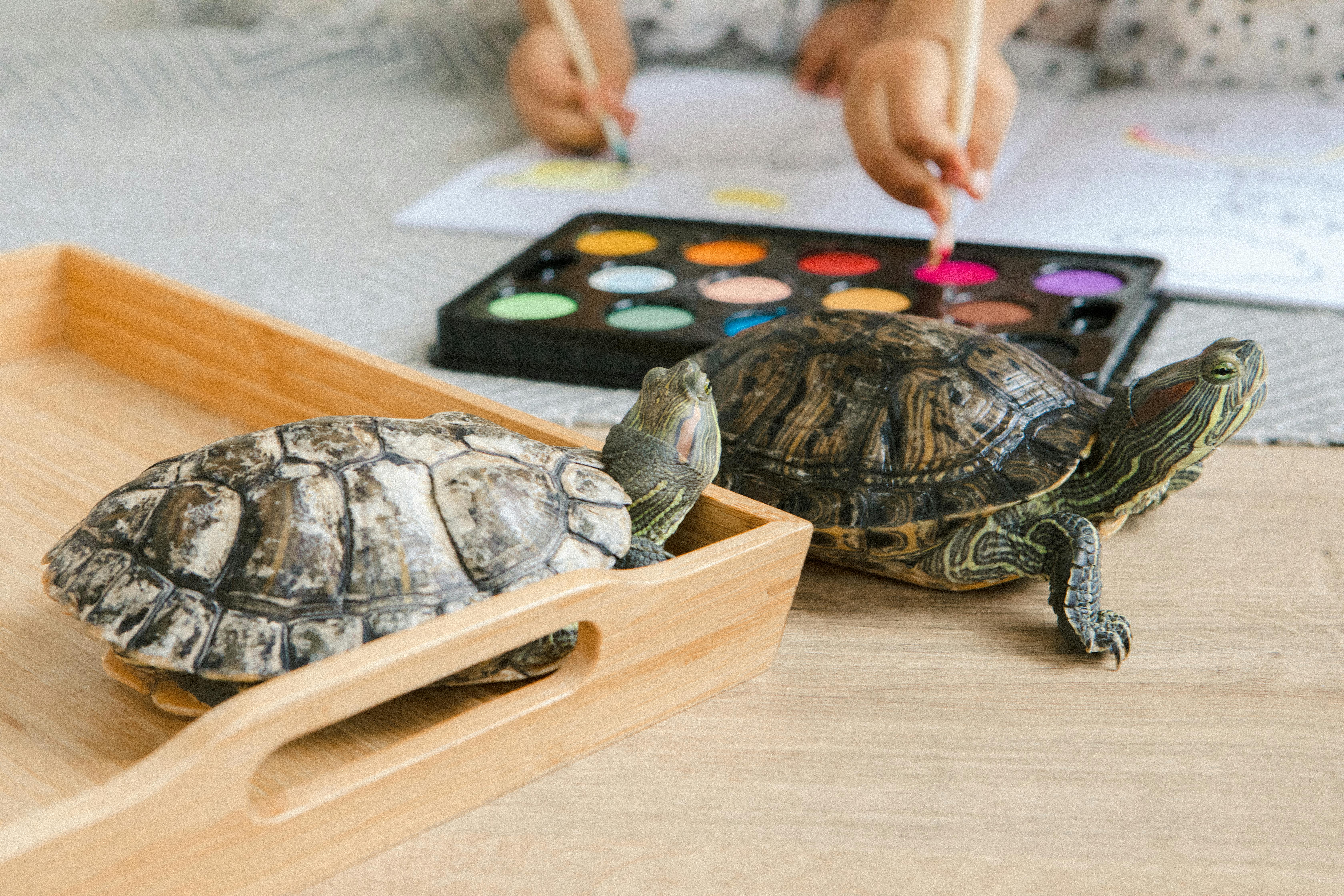As a teacher, you want the best for your students, and you know that a big part of what is best for them is learning as much as possible during the time they are with you in your classroom. From your experience, you know that students are more likely to be interested in having creative, new, and interesting writing prompts for students (versus when they are asked to respond to previous fallback assignments). These writing assignments reinforce your learning and give you a measure of that learning. In this article, you have 10 prompts (along with definitions if necessary) plus examples of how a teacher can take prompts and tailor them to their content.
1. acronym
- FOIL = First, outer, inner, last binomial multiplication. Write about how this helps you remember this process.
- Form an acronym to help you memorize a function of the circulatory system (or any scientific topic).
- Create an acronym for the metric conversion chart. (Kilo-Hecto-Deka-Base-Deci-Centi-Milli)
- Write a story for the acronym SOHCAHYA (sine=opp./hyp., cosine=adj/hyp, tan=opp/adj)
- Write an acronym to help you remember the grammatical order NV DO IO.
2. Accommodation
- He writes about ways to adapt non-Euclidean geometry in everyday life.
- Write what adaptations humans would have to make as the ozone layer continues to deplete.
3. Address
- What is the direction (location) of a vertex angle in an isosceles triangle?
- What would Hamlet’s address be if he had personal stationery? Will there also be a logo?
- Memorize and recite the Gettysburg Address.
- Enter your own State of the Union address. Be sure to comment on the problems in the United States today.
4. Address book
- Imagine that you found Albert Einstein’s address book. Whose names would you find on it?
- You had dinner at the Olive Garden last night and you have a little black book on the seat. You open it, and the title page says, “This book belongs to ________” (insert whatever name you want of someone we’ve been studying or someone in current events). Whose addresses would you find here as you flip through the pages?
- What names would you find in Thomas Jefferson’s address book? Create a facsimile of your address book.
5. Advertising
- Create an ad for one of the concepts you have recently learned in our class.
- Design an advertisement to draw attention to environmental or ecological issues.
- Write a food ad (grocery ad) for a particular time period in history.
- Compare and contrast listings from various countries for similar products we have in the US.
- Create an ad for a cosmetic or beauty product that claims to do what it claims to do, such as reduce the effect of aging.
- Write an ad to sell the concept of good nutrition using the food pyramid.
6. Advice Column
- Find out what tips your peers would find helpful and write a response for them.
- Give advice to Romeo/Juliet on how to solve their romantic and parental problems.
- Write an advice column on how to protect our ozone layer.
- You are an advice columnist for a large newspaper. Nixon writes to you and asks what he should do about Watergate. What is your answer?
- Make up scenarios from the stories you are reading and write questions that could (should) be submitted to the advice columns. Then write the answer to those questions.
7. Journal
- If you had to meet someone in the world, who would it be? What agenda would you like to present?
- What research agenda would you like scientists to undertake in the next decade (and why)?
- If Hamlet and Julius Caesar met, what would be the agenda?
- Prepare an agenda for a meeting between the characters in one of the novels you are reading.
8. Agreement
- Create an agreement between you and your teacher regarding the recent behavior you have exhibited (and the consequences of that behavior).
- How could various countries reach an agreement on issues related to global warming?
9. Aha!
- Write me about the biggest “aha” (any subject area) you’ve ever had in your life.
- Write about the last time you thought ‘aha!’ in a math class.
- Write a historical account (real or made up) that will make your teacher go ‘aha!’
10.Allegory
- Write an allegory warning people of the dangers of extinction.
- Take a traditional allegory and rewrite it with a modern twist, providing evidence of concepts you’ve recently learned.
When you use this list (along with others I have available) to stimulate your thinking about (and inspire your creation of) writing assignments and assessments, you’ll never run out of new ideas; That is sure!



